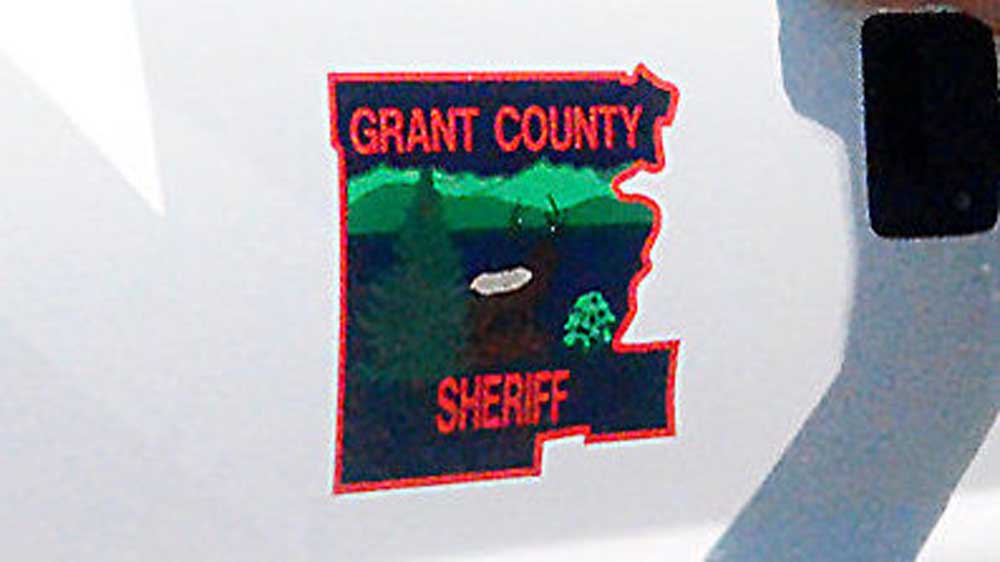Guest Comment Rural America needs high-speed internet
Published 11:56 am Tuesday, October 31, 2017

- U.S. Sen. Ron Wyden, D-Oregon, speaks at a town hall meeting in Canyon City July 20.
Every year, I hold town halls in each of our state’s 36 counties to hear directly from Oregonians on the key issues facing rural and urban communities. During these meetings, and traveling between them, I have heard and seen firsthand the importance of getting affordable broadband internet access, high-speed wireless broadband and strong, consistent cell service throughout Oregon.
This past August, Donald Trump’s Federal Communications Commission Chairman Ajit Pai proposed to lower the standard speed of internet access in rural America. This is just wrong. The Congress mandated the FCC work to expand access to high-speed internet to every American. Pai believes slower internet speeds are good enough for rural areas. I completely disagree.
In my 850-plus town meetings, Oregonians have told me how frustrated they are by slow internet access. Rural residents make it clear that lack of high-speed internet isn’t a trivial matter. High-speed internet access and cell coverage are critical for everything from reaching 911 and accessing health care to selling made-in-Oregon products around the world.
But private sector investment has failed to bring wireless service to large parts of rural America. When power companies didn’t reach rural communities in the 1930s, Congress passed the Rural Electrification Act and transformed rural lives. Now Congress, the U.S. Department of Agriculture and the FCC have a responsibility to offer more consistent internet and voice infrastructure for rural Americans who Big Cable won’t serve.
Closing the digital divide is urgent business for five reasons.
First, there should never be an accident victim who cannot reach 911 because there’s no cell signal. Limited cell coverage leads to preventable tragedies.
Second, small-town Oregon business owners shouldn’t be at a disadvantage in reaching customers beyond their city limits. Entrepreneurs need 24-7 access to their Facebook page or website to connect to the global economy. And in the recreation economy, smartphone access is crucial to connecting visitors with local small businesses.
Third, U.S. farmers and ranchers are increasingly relying on precision agriculture technologies. High-speed wireless support is a must to keep pace with the ongoing deployment of technology in the field. Today, farmers can control water to their irrigation systems through their smart phones, allowing them to reduce costs, while also practicing responsible agriculture.
Fourth, schools depend increasingly on the internet to improve education with innovative coursework. Yet substandard internet access currently leaves many students at a great disadvantage. Students lacking 24-7 internet access at home must depend on limited hours at local libraries, friends’ houses or community centers to do research online.
Fifth, tele-health promises to transform how rural and remote communities access health care. For example, a health care provider can now examine a patient via an in-home video consultation, and diabetes patients can remotely monitor their blood glucose levels. These options rely on reliable, fast and low-cost internet coverage.
What’s the solution?
The first step is finding out who has coverage now. I’m co-sponsoring a bill to require the FCC to create more accurate mobile service maps, especially in rural areas. That will ensure the government more accurately directs resources to the communities that need access the most.
Next, if Big Cable won’t serve rural areas, communities should have the right to build their own high-speed networks. I introduced The Community Broadband Act this year with Sen. Cory Booker to do just that.
And finally, our country needs robust investment for broadband internet buildout, which I’ve called for as part of an upgrade to America’s infrastructure.
Trump’s FCC wants to tell rural Americans that they don’t need faster internet or increased internet access. I believe that Congress, the Department of Agriculture and the FCC should expand access to high-speed internet to everyone, not tell rural America its current marginal service is good enough.
Ron Wyden, a Democrat, is a U.S. senator from Oregon.





